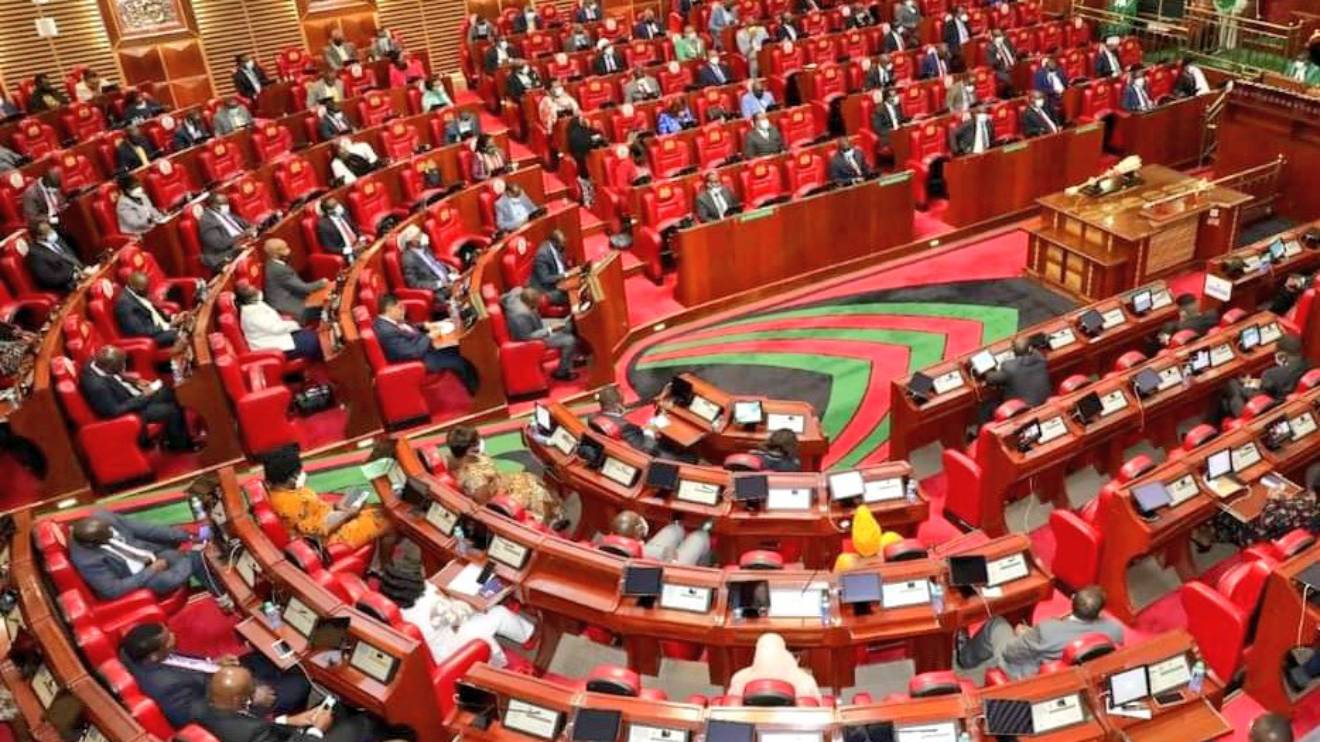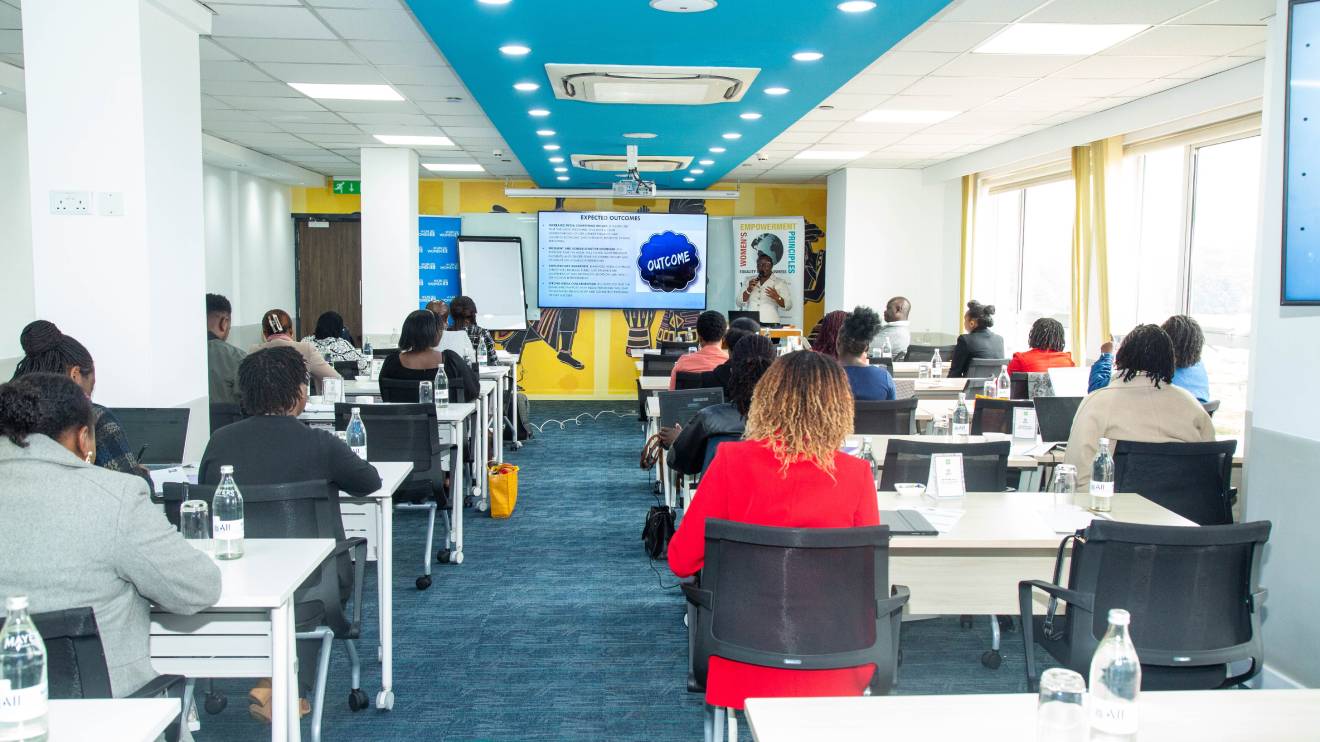In a major move to empower East Africa's small and medium-sized enterprises (SMEs), the East Africa Chamber of Commerce, Industry, and Agriculture (EACCIA) has secured a substantial Sh4 billion investment to equip them with crucial financial literacy skills.
This initiative, in collaboration with the European Business Institute in Luxembourg, targets 28,000 businesses across nine countries, aiming to unlock their full potential and drive regional economic growth.
EACCIA President Richard Ngatia expressed the significance of this endeavour, stating, "We are making a big step forward to improve the human capital in our region so that businesses can be managed better for improved results and sustainability."
By equipping SMEs with proper financial literacy, we empower them to manage their businesses more effectively, improve their bottom line, and ensure long-term sustainability.
The program, commencing in January and concluding in March, offers a comprehensive three-month certificate course covering vital areas like business management, finance, artificial intelligence integration, economics, accounting, entrepreneurship, and communication.
Read More
This holistic approach equips participants with the knowledge and tools necessary to navigate the complexities of running a successful business in today's dynamic market.
The European Business Institute in Luxembourg commended the commitment of East Africa's business leaders towards promoting education in the region and across the continent.
In an official statement, the Institute expressed its honour in collaborating with EACCIA to make a positive impact through education.
The initiative goes beyond mere financial knowledge, as Ngatia emphasizes.
According to Ngatia, the program also aims to foster a stronger savings culture within the region, highlighting findings from the Global Financial Literacy Survey that revealed concerning levels of financial illiteracy in key East African nations like Kenya, Uganda, Tanzania, and South Africa.
By empowering SMEs with the financial know-how to manage their resources effectively and make informed investment decisions, this program holds immense potential.
It can not only boost individual business success but also contribute to a more vibrant and resilient regional economy, paving the way for a brighter future for East Africa.
This Sh4 billion investment is a testament to the growing recognition of the critical role SMEs play in driving economic development.
By equipping these businesses with the tools and knowledge they need to thrive, East Africa is poised to unlock its full economic potential and embark on a new era of sustainable prosperity.








